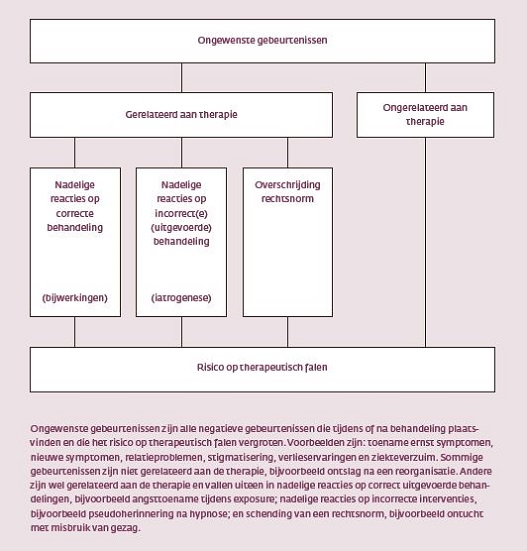Wanneer is iemand deskundig? Wat is een goede dokter, ingenieur, rechter, of – waar het hier om gaat – psychotherapeut1? Wetenschappers die zich met deze vragen bezighouden stellen zich vaak op het volgende standpunt: deskundigen herken je niet zozeer aan hun successen, maar aan de mate waarin ze regels en inzichten van hun vak volgen (Lerner & Tetlock, 1999; Giard & Merckelbach, 2009)1629. Deze nadruk op vakmatige regels en inzichten staat mislukkingen toe. Het is, bij wijze van voorbeeld, heel wel mogelijk dat een dokter zijn2 patiënt volgens de regels der kunst behandelt en de patiënt toch overlijdt. Zoiets duidt op de grenzen van het vak, niet op incompetentie van de arts.
Om regels te leren volgen, is het nodig dat de deskundige zicht heeft op het resultaat van zijn handelen. Terugkoppeling wordt als essentieel beschouwd voor het opbouwen van expertise (Ericsson, 2009)12. Maar zulke feedback moet dan wel ongefilterd zijn. Selectieve feedback


